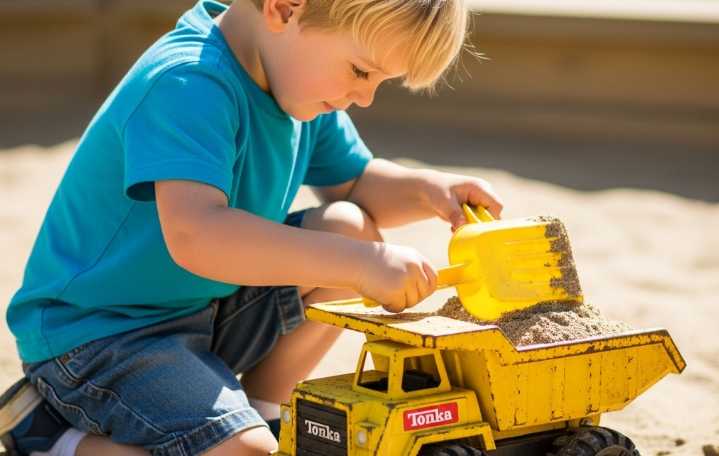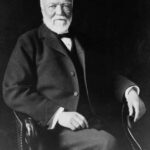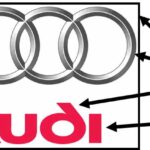Several years ago, I was visiting my grandson when he was living in Arkansas. As any grandparent would, I wanted to spoil him a bit, so we made a stop at a local toy store. While browsing the aisles, a familiar logo caught my eye—Tonka.
If you grew up when I did, Tonka trucks were the pinnacle of childhood construction equipment. These were not flimsy toys. They were made from heavy-duty steel and built to survive the most rugged backyard terrain. In fact, the only thing that ever seemed to wear them down was rust, thanks to being left out in the elements their entire life.
Naturally, I picked one up to relive a bit of nostalgia. That’s when I noticed something peculiar: the truck bed was plastic.
The Gut Reaction: Disappointment
At first, I felt a pang of letdown. I thought, “Ah, here we go again—another example of a classic brand cutting corners.” It felt like one more item on a long list of things that just aren’t made the way they used to be.
But then I paused. I looked more closely.
The hood and roof? Steel-clad. The tailgate? Fully operational—and made of metal. And the plastic that I initially dismissed? Incredibly rigid and durable, not the brittle kind that cracks after a few uses. This wasn’t a downgrade; it was a thoughtful redesign.
The Reality: Better Than Ever
The more I examined the truck, the more impressed I became. Tonka had managed to retain the spirit of its original product while using modern materials to actually improve on it. They didn’t just rest on their reputation—they innovated.
In a world where so many companies chase cost savings by stripping out quality, Tonka made the conscious choice to reinvest in their product. They blended steel and high-grade plastic in a way that created a more durable, safer, and still delightful toy.
They didn’t cheapen the product—they modernized it.
A Powerful Business Metaphor
This moment with the Tonka truck got me thinking. How many business owners, especially those who were once market leaders, become complacent?
Too many companies—and entrepreneurs—ride the momentum of early success without evolving. They sit on a “winning formula” until competitors catch up, or worse, surpass them. These are the brands that treat innovation like an optional upgrade rather than a survival strategy.
Tonka didn’t do that. They took what worked, made it better, and reminded me of a critical leadership lesson: Innovation doesn’t mean abandoning your roots—it means honoring them while adapting for the future.
Leadership Means Reinvention
True leadership is not about holding the lead—it’s about extending it. That means asking hard questions:
- Is my product or service still the best it can be?
- Have I leveraged new materials, tools, or ideas to enhance it?
- Am I actively distancing myself from the competition—or just staying one step ahead?
A real leader never assumes yesterday’s wins guarantee tomorrow’s success. Instead, they treat excellence as a moving target and continually raise the bar.
Related Post: You Need To Know The 8 Reasons Customers Buy From You
Back to the Sandbox
As I watched my grandson load up his shiny new Tonka truck with sand, dirt, and anything else he could scoop, I smiled. Not just because he was having fun—but because I had rediscovered a profound business principle in the toy aisle.
Tonka didn’t just make a better truck—they modeled how to be a better business.
So, What About You?
Are you coasting on brand equity or are you improving your offering to stay ahead? Are you using newer technologies, customer insights, or supply chain innovations to enhance your product or service?
Are you satisfied sitting on your industry’s throne, or are you building a new castle?












